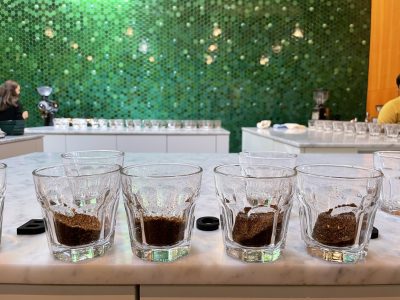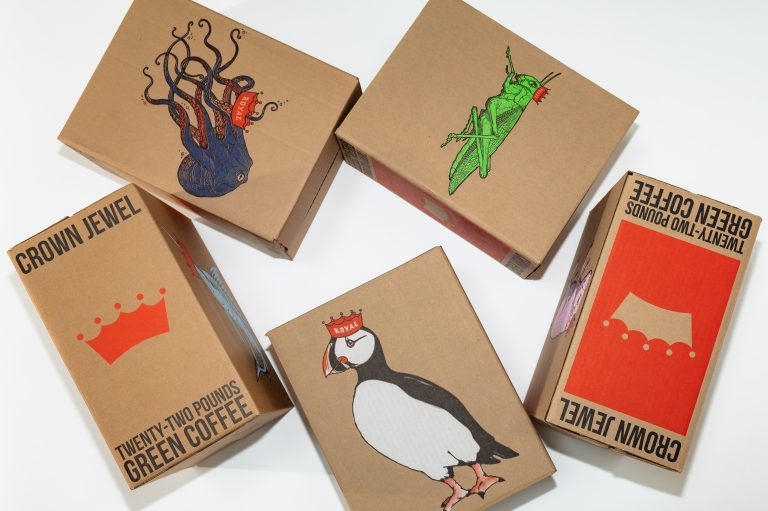News has been making the rounds this week of Fairtrade International’s increase to prices paid for coffee, the first such announcement in more than a decade.
New pricing takes effect for contracts beginning on August 1, 2023, (it does not impact contracts drawn prior to that date.) For washed arabica, the cost increases from $1.40 to $1.80 per pound, and robusta will increase to $1.20, in FOB pricing terms. Organic certified premiums increase from $0.30 to $0.40 differential above the conventional pricing, effectively bringing co-certified coffees to above the $2.00 threshold for the first time in history.
For context, on the last day of March 2023, ICE Futures Coffee contracts closed at $1.70 for May 2023, having fallen from their most recent peak of over $1.90 in February of this year. The last time the global benchmark pricing for commodity coffee tacked lower than the old FT minimum of $1.40 was in April of 2021. Our friends at Daily Coffee News note that “Fairtrade last raised its prices in 2011, at a time when, like now, commodity coffee prices were relatively high.”
By and large, the announcement has been welcomed (with the occasional “too little, too late” commentary) throughout the specialty coffee sector. Green coffee buyers have already grappled with increased coffee futures prices since mid-2021 when the “C” market contract price began to spike under the weight of international logistics snarls and a frost scare in Brazil.
Fairtrade pricing is widely seen as a “bare minimum” amongst conscientious coffee buyers, a safety net that protects growers by paying wages that are intended to meet, or barely exceed, the cost of production in most cases. The third-party certification is meant to ensure transparency in its efforts for economic stability.
For those of us who consider ourselves ethical sourcing partners, Fairtrade has generally fallen out of favor as a signal of fair practices, yet it remains a highly recognizable label for many consumers. Paired with the organic certificate, demand for a sticker or label to indicate a degree of sustainability remains relatively high, to the effect that roughly half of Royal Coffee’s inventory at any given time carries one or both stamps.
Yet, Fairtrade remains a dubious indicator of substantive progress. A 2019 piece in The Guardian relates a telling statistic: “In 2016, of all the coffee grown as Fairtrade, only 34% of it could be sold at the minimum price. There were no takers for the rest; farmers had to unload the surplus into the standard “unfair” market.”
Regardless, we at Royal Coffee welcome the change as a small but meaningful indicator of the recognition of the cost to grow coffee in the modern world. Higher premiums likely guarantee a large network of farmers a better degree of financial stability.
From Royal’s perspective the impact on our long-term outlook for certified coffees is negligible. Today’s market isn’t so far from the newly established minimum pricing, and even if it were to drop significantly between now and August, the premiums Royal pays on our certified coffees — the vast majority of which bear both Organic and Fairtrade — are already substantially above rock bottom pricing. We expect these coffees to remain as valuable to our customers tomorrow as they are today, exceeding standards set by cuppers and certificate auditors alike.
We also remain committed to buying “fairly traded” coffees at prices determined by higher market values associated with quality premiums, our recently implemented “Farmgate” Transparency program, alternative certifications like Rainforest Alliance and Demeter (Biodynamic), and the ever-increasing demand by roasters for coffees that do more than the minimum to guarantee all players in the supply chain receive fair and just compensation for their labor and production.


